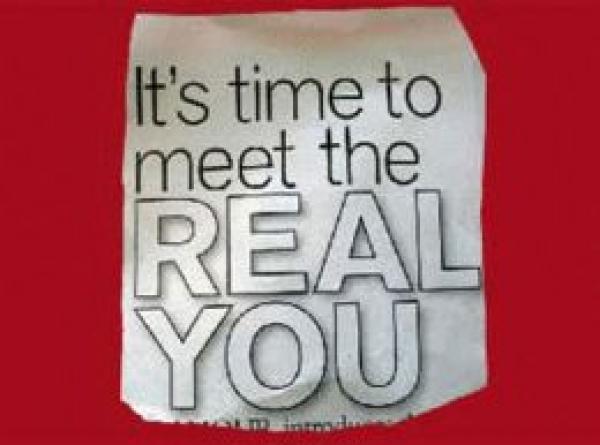Cosmic Apprentice: Dorion Sagan on Why Science and Philosophy Need Each Other | Brain Pickings
Tina Miller, MA,CFLE stashed this in books
Stashed in: Interconnectedness!, Truth, Awesome, Philosophy, Everything, @neiltyson, The Internet is my religion., Nothing!, Carl Sagan, Science Too, @brainpicker, Philosophy, Richard Feynman
The difference between science and philosophy is that the scientist learns more and more about less and less until she knows everything about nothing, whereas a philosopher learns less and less about more and more until he knows nothing about everything. There is truth in this clever crack, but, as Niels Bohr impressed, while the opposite of a trivial truth is false, the opposite of a great truth is another great truth.
That is incredibly well said.
Sagan refutes the popular perception of science as rationally objective, a vessel of capital-T Truth, reminding us that every scientific concept and theory was birthed by a subjective, fallible human mind:
All observations are made from distinct places and times, and in science no less than art or philosophy by particular individuals. … Although philosophy isn’t fiction, it can be more personal, creative and open, a kind of counterbalance for science even as it argues that science, with its emphasis on a kind of impersonal materialism, provides a crucial reality check for philosophy and a tendency to overtheorize that [is] inimical to the scientific spirit. Ideally, in the search for truth, science and philosophy, the impersonal and autobiographical, can “keep each other honest,” in a kind of open circuit. Philosophy as the underdog even may have an advantage, because it’s not supposed to be as advanced as science, nor does it enjoy science’s level of institutional support — or the commensurate heightened risks of being beholden to one’s benefactors.
Like Richard Feynman, who argued tirelessly for the scientist’s responsibility to remain unsure, Sagan echoes the idea that willful ignorance is what drives science and the fear of being wrong is one of its greatest hindrances:
Science’s spirit is philosophical. It is the spirit of questioning, of curiosity, of critical inquiry combined with fact-checking. It is the spirit of being able to admit you’re wrong, of appealing to data, not authority, which does not like to admit it is wrong.
In noting that a scientific theory must transcend the purely epistemological and reflect both pragmatic and aesthetic sensibilities, Sagan observes:
Some perspectives, some theories lead to many new questions, new devices, and enriched worldviews. They must be counted not just as true and productive but beautiful and stimulating, like poems or paintings, except that their medium is not pigments or words but our perception and intellection.
Sagan reflects on his father’s conviction that “the effort to popularize science is a crucial one for society,” one he shared with Richard Feynman, and what made Carl’s words echo as profoundly and timelessly as they do:
Science and philosophy both had a reputation for being dry, but my father helped inject life into the former, partly by speaking in plain English and partly by focusing on the science fiction fantasy of discovering extraterrestrial life.
Supporting Neil deGrasse Tyson’s contention that intelligent design is a philosophy of ignorance, Sagan applies this very paradigm of connection-making to the crux of the age-old science vs. religion debate, painting evolution not as a tool of certitude but as a reminder of our connectedness to everything else:
Connecting humanity with other species in a single process was Darwin’s great natural historical accomplishment. It showed that some of the issues relegated to religion really come under the purview of science. More than just a research program for technoscience, it provides a eureka moment, a subject of contemplation open in principle to all thinking minds. Beyond the squabbles over its mechanisms and modes, evolution’s epiphany derives from its widening of vistas, its showing of the depths of our connections to others from whom we’d thought we were separate. Philosophy, too … in its ancient, scientifico-genic spirit of inquiry so different from a mere, let alone peevish, recounting of facts, needs to be reconnected to science for the latter to fulfill its potential not just as something useful but as a source of numinous moments, deep understanding, and indeed, religious-like epiphanies of cosmic comprehension and aesthetic contemplation.











4:33 PM Apr 12 2014